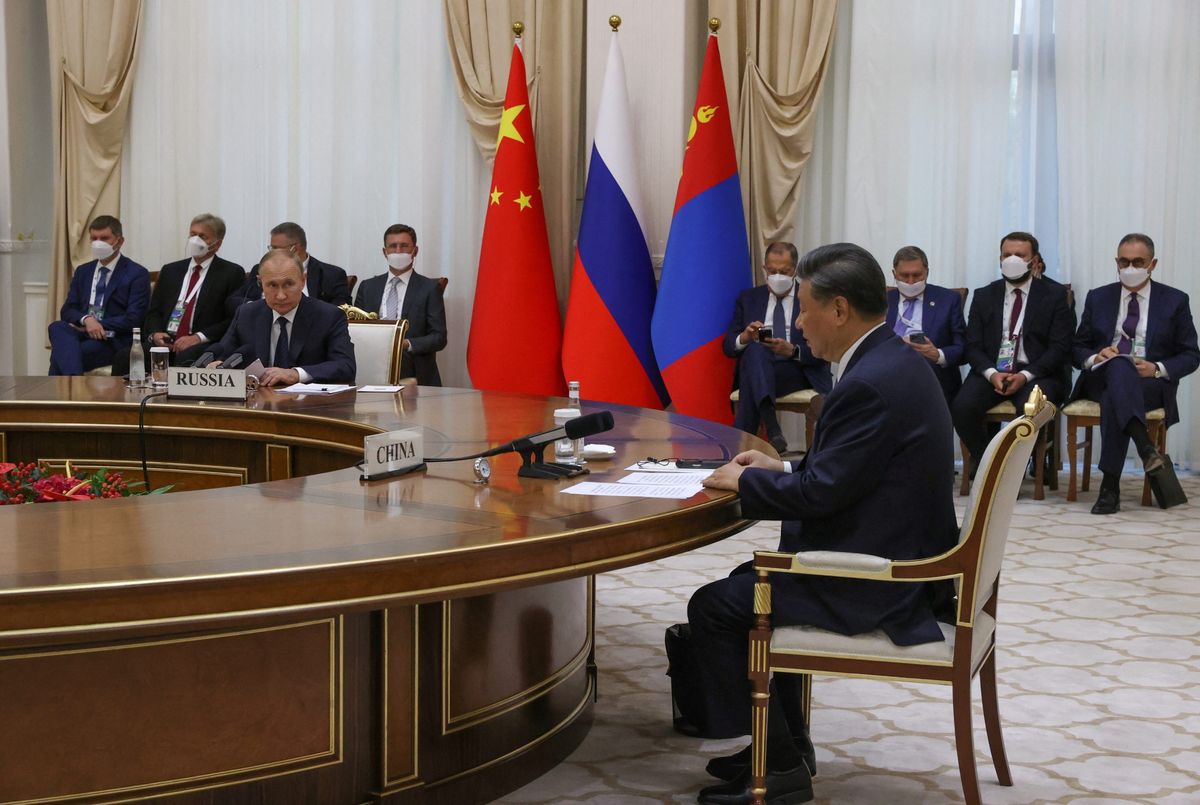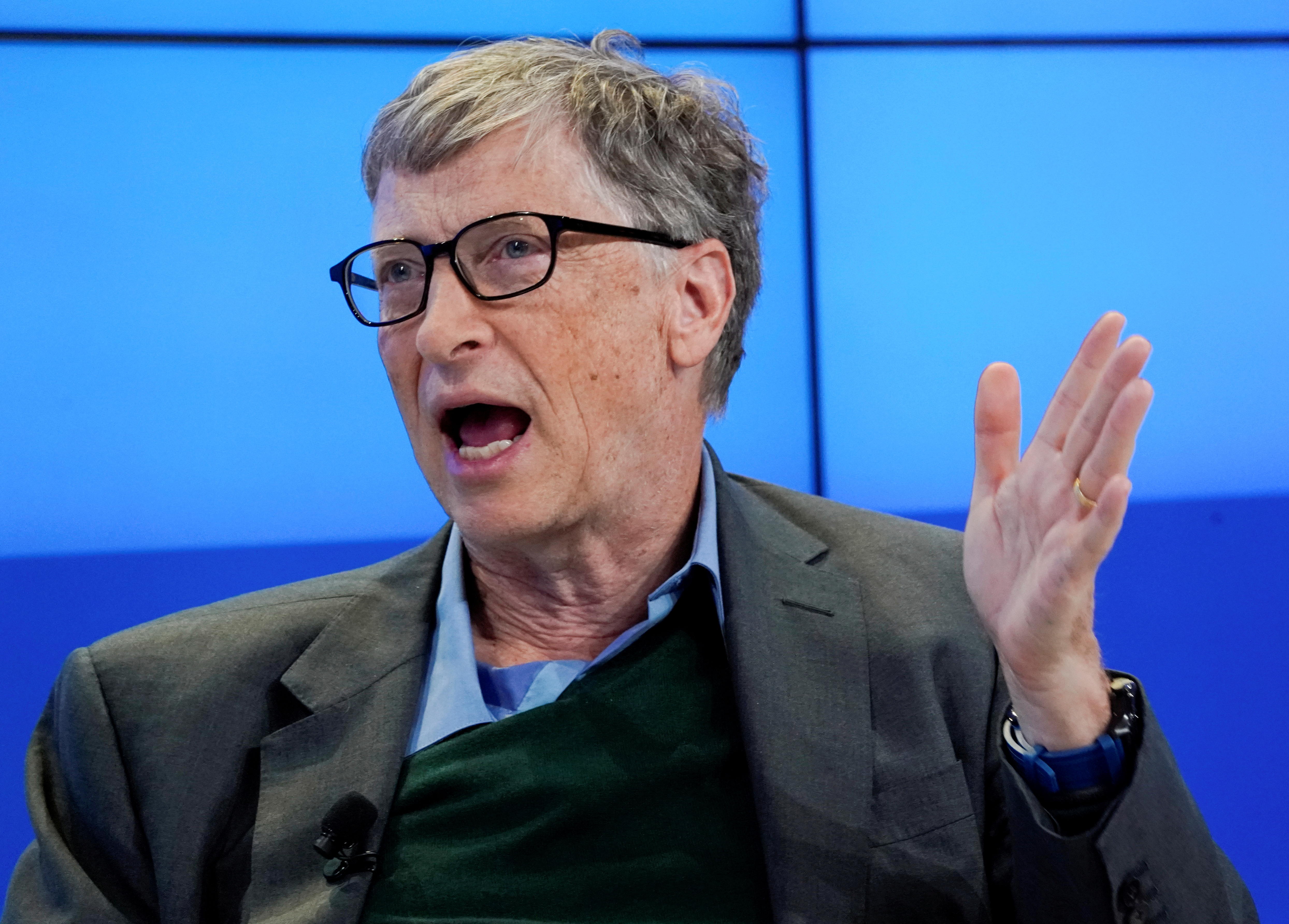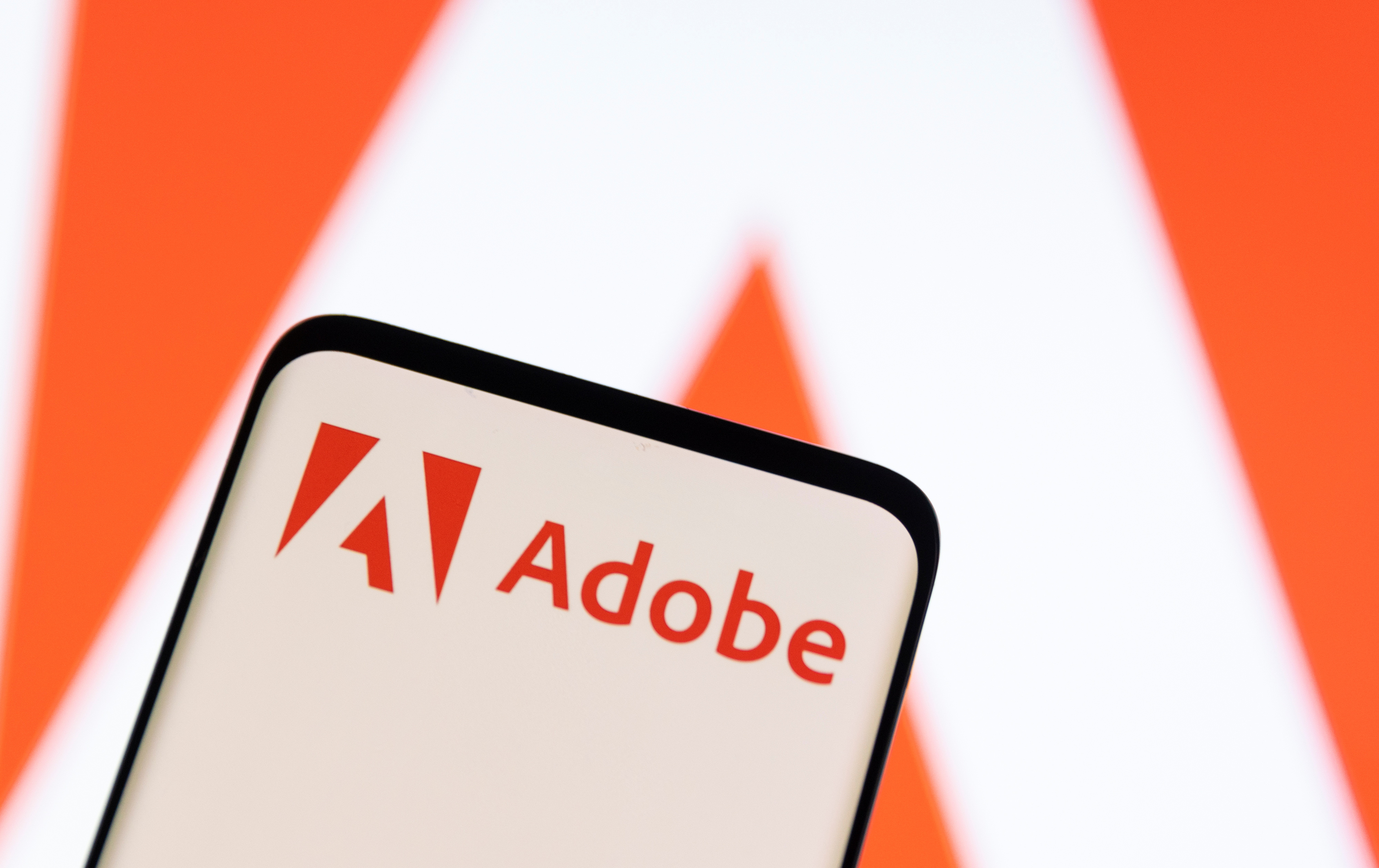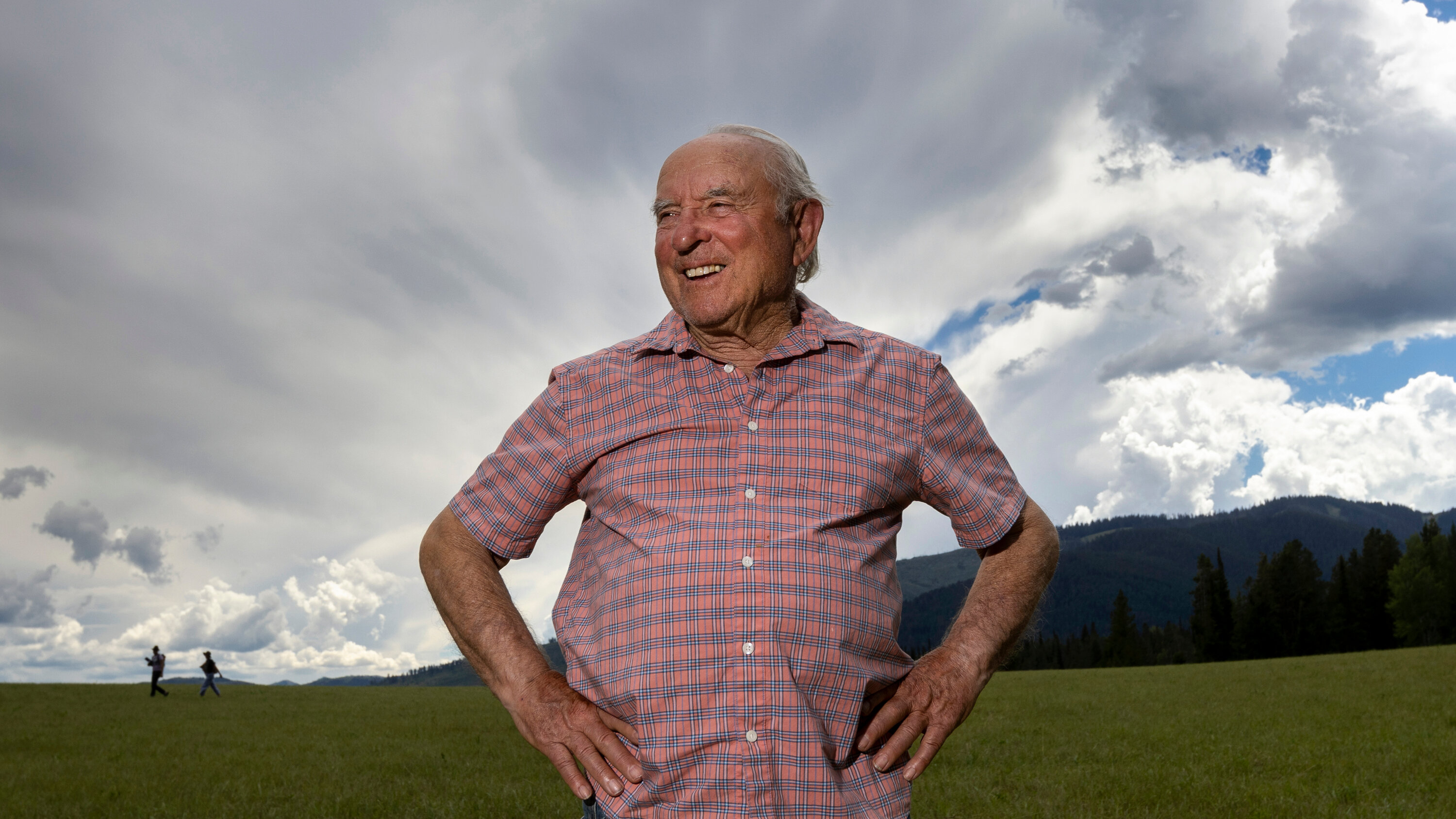From the inside scoop on Xi and Putin’s meeting to a treasure trove of Deadpool butt jokes – Here’s your September 16 news briefing

A few minutes every morning is all you need.
Stay up to date on the world's Headlines and Human Stories. It's fun, it's factual, it's fluff-free.
To start off, we’re looking into:
Xi and Putin reunite
When Chinese President Xi Jinping last saw Russian President Vladimir Putin, Russia’s invasion of Ukraine hadn’t even started. At that meeting in early 2022, the two established a “no limits" partnership, causing the West some anxiety. Then, the war with Ukraine began. While China hasn’t directly condemned Russia’s attack on Ukraine, it’s still exercising caution. Even while boosting trade with Russia, China hasn’t offered direct material support in the war, avoiding potential Western economic sanctions as a response.
Yesterday, Xi and Putin met face to face at a conference in Uzbekistan to discuss Ukraine and Taiwan. Speaking one-on-one, Putin said Russia understood Xi’s “questions and concerns" over the Ukraine conflict but described China’s stance as “balanced." Plus, Putin backed China’s position regarding Taiwan, which it claims as part of its territory, and condemned the US for provoking conflict in the region. In addition to Putin, Xi also spoke with the leaders of Tajikistan, Uzbekistan, Turkmenistan and Kyrgyzstan on Thursday, pledging closer ties with the countries.
Who was really driving the global COVID response?

The WHO is saying that the end of COVID is “in sight.” But how did we get here? Who was driving the global COVID response?
On Wednesday, Politico released a report on four NGOs that helped drive the international COVID response. Journalists found that these NGOs – which include The Bill & Melinda Gates Foundation – gave or invested almost US$10 billion to fight COVID. They were able to work with world leaders and the WHO. Plus, US$2.1 billion of their funds also went to developing and distributing a viable vaccine.
As non-governmental organizations, though, they lacked governmental oversight and accountability. They also spent at least US$8.3 million lobbying lawmakers and government officials. Ultimately, according to an independent review, these groups mostly fell short in their worldwide distribution goals of COVID tools to developing nations.
Adobe buys Figma for US$20 billion

Figma is a collaboration platform for software developers, and it’s been one of the leading players competing against Adobe’s version of the same kind of platform. This is a big deal because, for a while, Wall Street bought into the belief that Adobe had the superior software for creatives. But in recent years, competitors have popped up, and investors’ faith in Adobe has dwindled.
Well, it looks like Adobe is making a move to get rid of this competition because it just agreed to buy Figma for US$20 billion in a half-cash half-stock deal. These kinds of buyouts don’t happen too often in the tech industry, and this one is raising some eyebrows for how expensive it is. Figma was only valued at US$10 billion during its fundraising wave last year. Investors don’t think it’s a great bet, and the company saw its biggest one-day stock drop since 2010 right after the deal was announced.
To end, we’ll look into:
How Patagonia is making its move to solve the climate crisis

Patagonia is unique when it comes to handling its climate impact. The outdoor clothing company has always been relatively concerned about sustainability. For years, it’s been donating 1% of its annual income to help the climate, and in 2018 it put climate goals into its company charter. Back in 2015, it even ran an ad called “Don’t Buy This Jacket,” which essentially asked consumers to not buy clothes they didn’t need.
Now, founder Yvon Chouinard is doing something different to help the planet out – he’s giving the company away to a climate nonprofit.
“Here’s how it works,” Chouinard said in an open letter announcing the shift. “100% of the company’s voting stock transfers to the Patagonia Purpose Trust, created to protect the company’s values; and 100% of the nonvoting stock had been given to the Holdfast Collective, a nonprofit dedicated to fighting the environmental crisis and defending nature.”
The idea is simple in that the company isn’t going to be for profit anymore, instead working to fund the nonprofit. But it’s magnificently elegant. The company could have been sold off, with the profits donated to a nonprofit, but Chouinard wasn’t convinced a buyer would have treated the environment well with the company. And it could have gone public, but again, he said that short term gain wasn’t the goal here, and that’s what public companies are after.
“Instead of ‘going public,’ you could say we’re ‘going purpose,’” he said. “Instead of extracting value from nature and transforming it into wealth for investors, we’ll use the wealth Patagonia creates to protect the source of all wealth.”
In other news …
📉Stocks: MSCI’s global gauge of stocks is down almost 1% to 2592.00.
📰Some specifics:
- S&P 500 dropped 1.13% to 3,901.35.
- Nasdaq Composite is down 1.43% to 11,552.36.
- Dow Jones settled down 0.56% at 30,961.82.
- Hang Seng Index is up 0.44% to 18,930.38.
🧠Some quick factors to bear in mind:
- Economic reports show a muddy picture of American markets right now, with unemployment dropping and retail sales jumping but inflation still rising. While the reports suggest the American consumer sector is steady, they do little to alleviate fears of persisting inflation.
- Investors fear that the Fed will more aggressively hike interest rates, which would increase the likelihood of a recession.
- China’s central bank is giving 200 billion yuan (US$28.7 billion) in relending funds to commercial banks to boost loans to companies in another effort to bolster the economy.
- And the World Bank is saying that we could be headed toward a global recession as different central banks hike up interest rates to fight inflation.
👄Some comments and chatter:
- “The Fed needs to pick their poison. Do you continue strong ahead to tamp down inflation at the risk of recession, at the risk of increasing unemployment? It’s truly a dilemma, but I think that given what we have heard from the Fed the focus is squarely on inflation," said Mike Loewengart, head of model portfolio construction at Morgan Stanley.
- “The market remains choppy knowing that there’s a Fed meeting next week. Even though participants agree that it’ll be a 75 basis points rate hike, it’s what the statement adds to previous commentary and what Chairman Powell says in his press conference" that has them worried, said Quincy Krosby, chief global strategist at LPL Financial.
🛢Oil: Now that the railroad strike has been averted, alleviating supply concerns, and the IEA warned this week that oil demand growth would come to a standstill, oil prices dipped. US Crude settled down 3.82% at US$85.10 per barrel, and Brent crude finished down 3.46% on the day to US$90.84.
👛Bitcoin: Bitcoin is down 2.38% now to US$19,746.80 at the time of writing.
🏳Russia admits Kharkiv defeat: Military experts are admitting Kharkiv defeat on Russian TV, with the country’s troops being pushed from 300 northeastern Ukrainian cities and towns by Ukraine’s counteroffensive. This is the first time Moscow has openly admitted defeat.
📄Iran looks to join SCO: Yesterday, Iran signed an obligation agreement so it can join the Shanghai Cooperation Organisation. By becoming a part of this security bloc, Iran could reduce the effects of American sanctions against it. Dominated by China, Russia and other ex-Soviet states of Central Asia, the SCO aims to counter Western influence in the area.
🚂US national rail strike avoided: Early yesterday, railroad unions and management reached a tentative agreement, sidestepping a freight rail strike that would’ve caused an economic and supply chain crisis costing around US$2 billion daily. A major win for labor, rail workers will be given raises, backpay and bonuses, and the deal will address work rules and scheduling issues.
🎾Roger Federer to retire: Legendary tennis player Roger Federer is ready to retire, having sustained many injuries throughout his career. At 41 years old and with 1,500 matches over a 24-year career, he hasn’t had a bad run.
🚗China wants in on the EV chain: China’s ambassador to the US, Qin Gang, visited the Detroit Auto Show to highlight American and Chinese shared interests in the electric car industry. He stressed the importance of global coordination in the EV supply chain, but the US is trying to reduce reliance on China in the EV supply chain.
💻Chinese chip firms going out of business: A record number of chip firms (3,470) are going out of business in China, having deregistered between January and August of this year. The Chinese semi-conductor industry is capital-intensive, and rocky economic conditions are affecting the tech sector.
📦California sues Amazon: The US state of California is officially suing Amazon for antitrust violations. It says that Amazon’s tactics are monopolizing and force sellers and suppliers into anticompetitive deals, spurring higher prices across the board.
☕30-seconds Starbs: To spark growth, Starbucks plans on speeding up service and offering more digital rewards for patrons. It’s getting new equipment so baristas can make complicated drinks a little quicker. Plus, the mobile app is about to be a lot more reliable.
👶Rescuers save a baby: A building collapsed in Amman, Jordan, earlier this week, and there are 10 casualties so far. On Wednesday though, rescuers were able to rescue an infant from all of the rubble.
🍑This movie is total ass: Actors Rob McElhenney (“It’s Always Sunny in Philadelphia”) and Ryan Reynolds (“Deadpool”) both had camera crews film their colonoscopy procedures. They did this in an effort to raise awareness about new guidelines lowering the age of recommended colon screening from 50 to 45. Well done, gents.
Written and put together by Jake Shropshire, Vanessa Wolosz, Christine Dulion and Krystal Lai




Comments ()